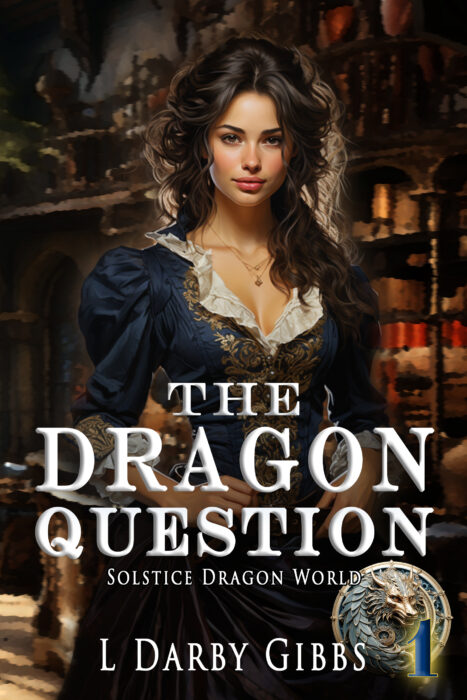John Steinbeck wrote for and about the guy next door, the man that works to pay the bills at the end of the month, for the poor cuss who hopes and hopes even when hope is lost, and loses and loses, even when he wins. Tortilla Flat He moved slowly and cautiously. Now and…
Tag: characterization
The pen is my sword. I have written before that writers are readers. We read for our own enjoyment and to learn techniques, both through exposure to well-written work and through examination of the works we read. Lu Chi’s Wen Fu (which I have cited in the past) said it best: When cutting an axe…
The Coming of Age format is often used for YA novels because the main character is often a young character, usually on the verge of coming to terms with the difficult realities of life. It is also not unusual for the main character to be an adult, one with a rather innocent view of life. …
